This project examined the flood mitigation plans of the seven counties in the Raritan River watershed to better understand local government flood...
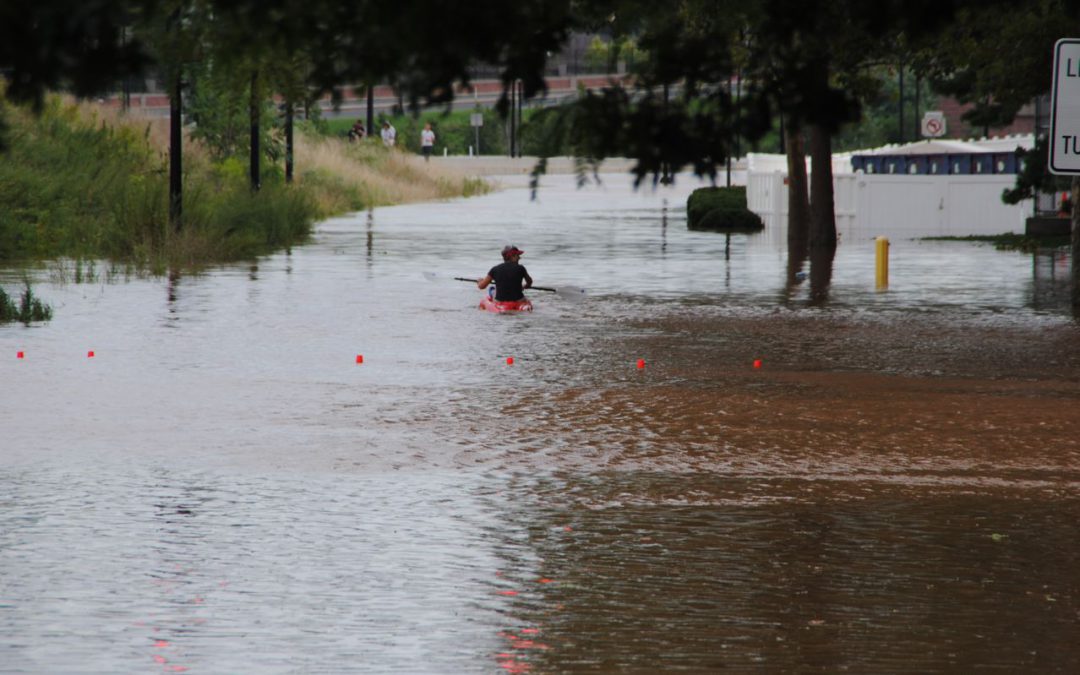

This project examined the flood mitigation plans of the seven counties in the Raritan River watershed to better understand local government flood...

Near-real-time water-quality monitoring of different variables in the Raritan River is critical to protect the aquatic life and to prevent...
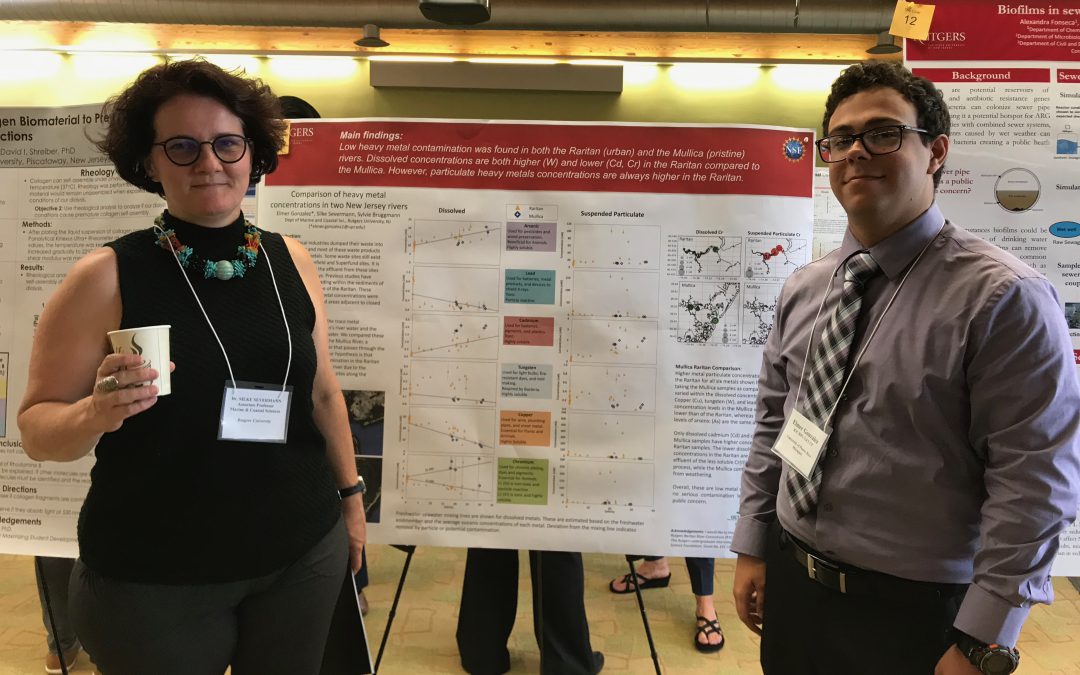
The Rutgers Raritan River Consortium (R3C) is dedicated to providing students, especially those from diverse backgrounds, with opportunities to...
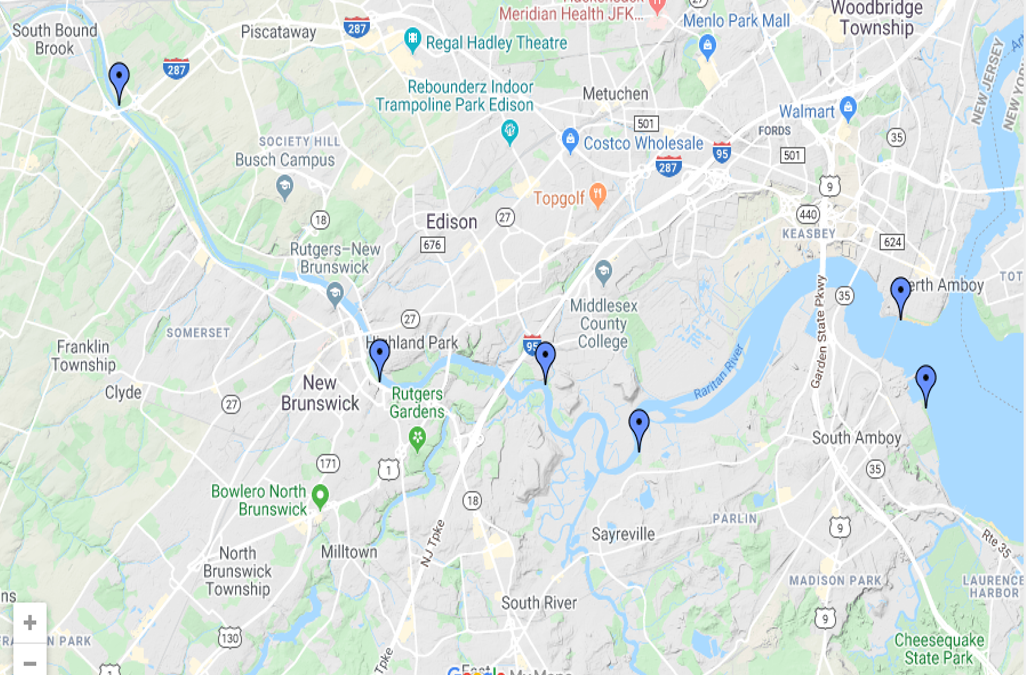
Little water quality data exists that can inform the safety of recreating on the highly urbanized Lower Raritan River. The Lower Raritan is actively...
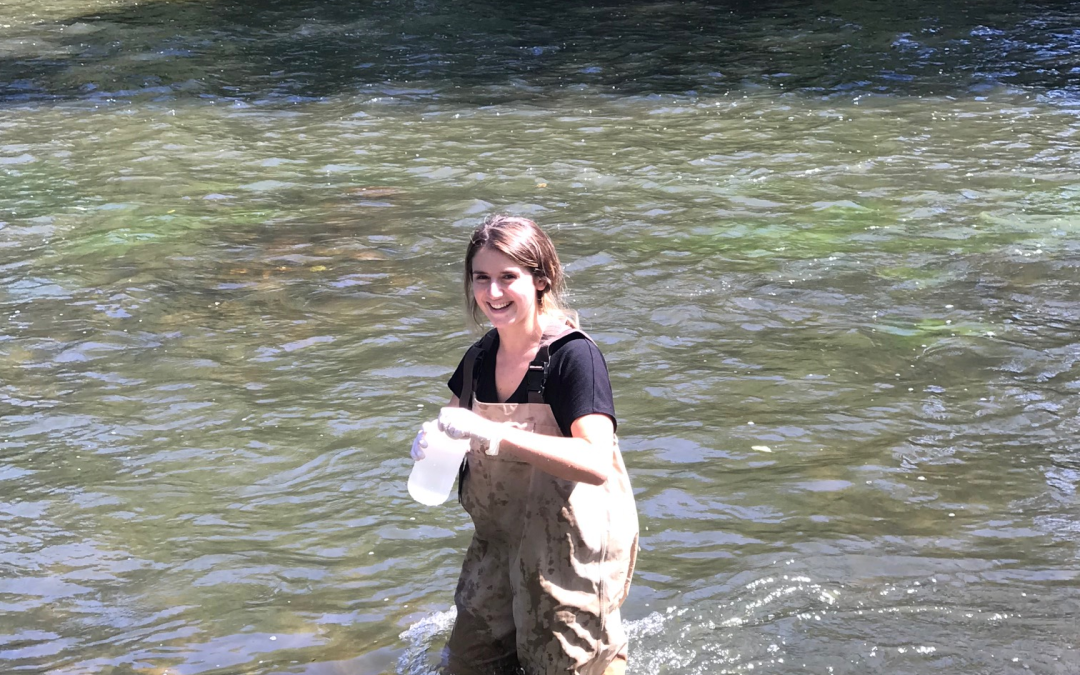
The burden of non-tuberculosis mycobacterium (NTM) infections on the US healthcare systems is estimated to cost $815 million annually. NTM causes...
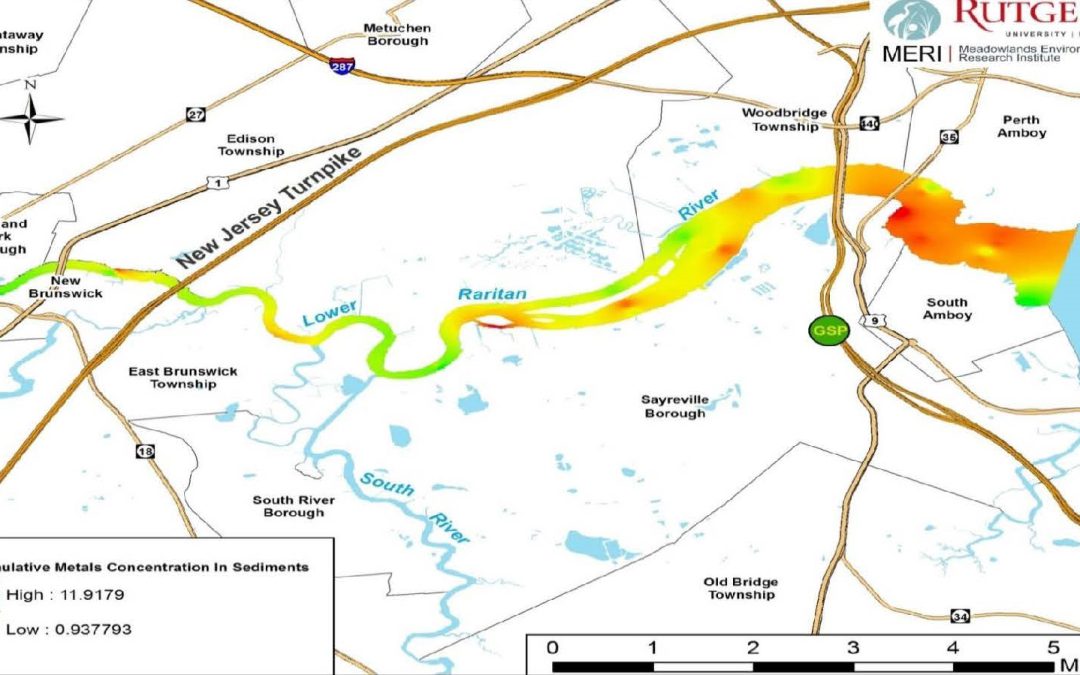
This research study by the Meadowlands Environmental Research Institute (MERI) at Rutgers - Newark, aimed to fill in data gaps in river and marsh...
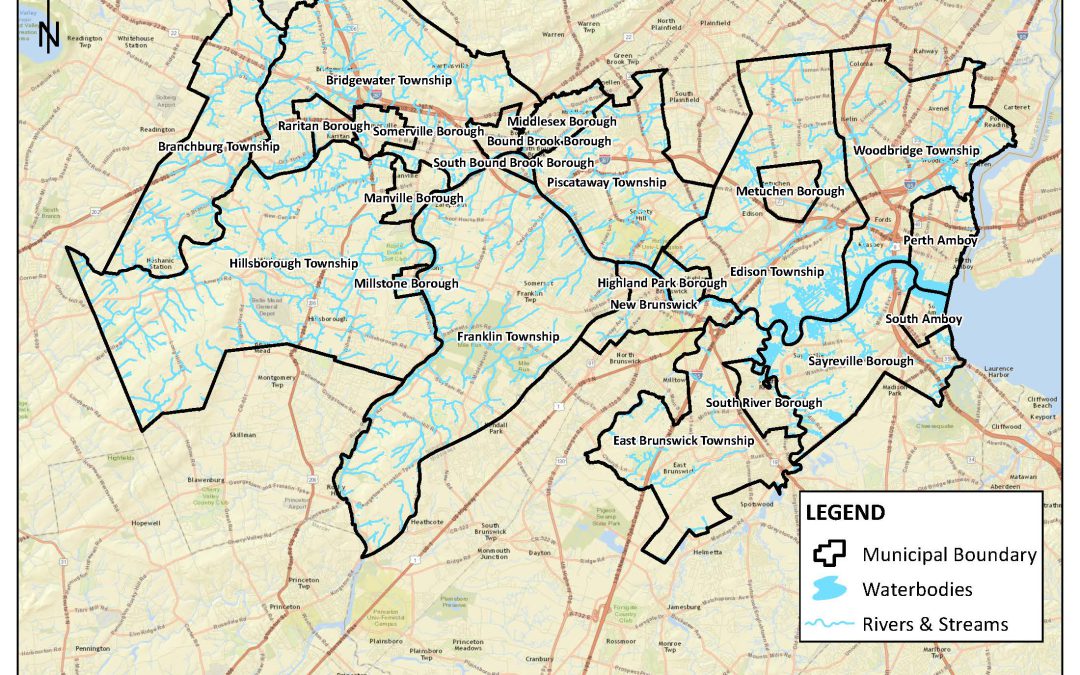
The EPA Rutgers Raritan River Project was conducted to compile data related to point source and non-point source pollution and Superfund, Brownfield...
Rutgers University’s Sustainable Raritan River Initiative has released a second report on the status of watershed health for the Raritan River. The...
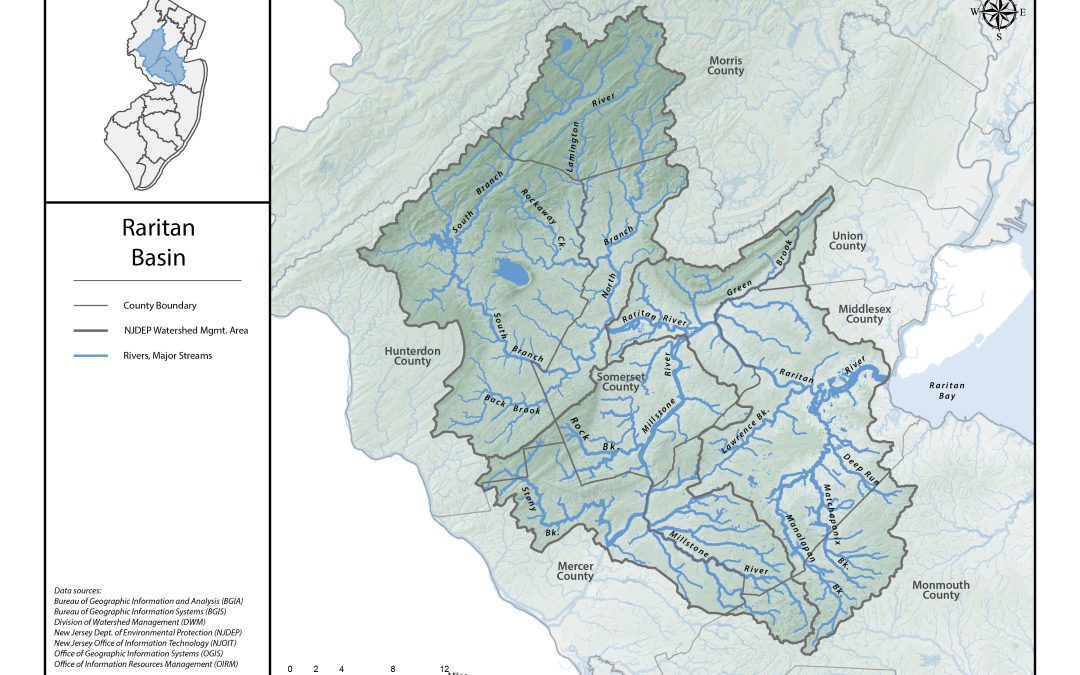
During Spring Semester, 2019, Jenny Schneider, a candidate for the Rutgers Public History Program Certificate (School of Arts and Sciences,...
The Raritan River receives wastewater treatment plant (WWTP) effluent, stormwater runoff, combined sewer overflow (CSO), and groundwater...
This report summarizes stakeholder and subject matter expert feedback regarding the potential elements and content of a New Jersey Ocean Acidification (OA) Action Plan. Feedback was provided by twenty-eight individuals through a stakeholder engagement process which...
These articles were designed to help local government leaders develop “tech fitness” for their organizations. The idea of tech fitness is to ensure that organizations can meet expectations for technologically driven services, which today, include most government...
Chatbots are software programs that use natural language processing to have conversations with people. Also called conversational agents, they can answer questions, provide recommendations, and complete tasks. Leading companies like Google, Microsoft, and Amazon, and...
There are two basic elements of technology that every municipality must have. Most places already do this, but it doesn’t hurt to highlight them. The first is an expert to advise you and your governing body on technology issues. As with other experts you hire—a police...